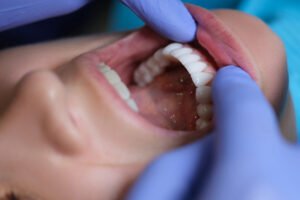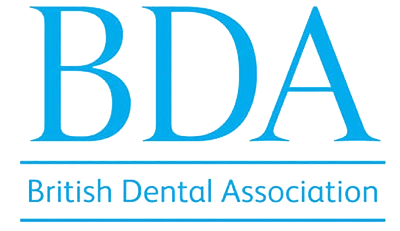
With our excellent expertise and investment in our dentist in Ipswich, tooth extractions no longer feel like ‘pulling teeth’ with our dental team at all! We pride ourselves on minimising discomfort in our practice, as well as putting quality of patient experience first.
Modern techniques
The old idea of a heavy set of pliers may be the first thing most think of when it comes to ‘pulling teeth’, but there’s more to it than meets the eye. Extractions have to be well planned and if there’s any indication that they may be convoluted, X-rays are performed.
Historically, decay was a common reason for tooth extraction and pulling a highly decayed tooth is still common, but has its issues. Decayed teeth are structurally unsound and more often than not, break or crumble under the pressure of extraction, having to be removed in pieces with the aid of a dental drill.
This is a much longer process, but puts less stress on the jaw and surrounding gum tissue increasing recovery times.
It is unlikely that tooth extraction is carried out in isolation at our dentist in Ipswich, usually it is part of a larger set of procedures. Perhaps an extraction will be replaced by an implant or to create space as part of orthodontic work. More often than not, modern teeth, even in a very decayed state, can be drilled and filled or crowned, minimising the need for extraction. Dental extraction is reserved as a last resort and this is now the case with most dental conditions. Abscesses which for many decades were treated with extractions, can now be resolved with endodontic root treatment also or commonly known as root canals.
Sedation for anxious patients
Sedation in dentistry seems to have gone full circle. The old nitrous oxide and tincture based agents were replaced with local numbing products like lidocaine and novocaine as these reduced complications. Isolating the area of the body affected to a minimum, these local numbing agents did not suppress respiration and often actually increased heart rates. Also , maintaining consciousness throughout the procedure allows communication between practitioner and patient increasing safety.
Unfortunately, this did little to help anxious patients deal with their unease during the procedure; thankfully IV sedation helped. It found an excellent middleground by providing twilight sedation, allowing patients to have a reduction in their consciousness, but to maintain the ability to communicate with the practitioner. Patients also remain extremely calm under the effect of the sedation and have no memory of the procedure after the drug effect has ended.
Aftercare and complications
Sometimes, there are patient specific complications which can be unique to that particular extraction for that particular patient. In such cases, our dentist in Ipswich will go through more details and explain the risks, but at most there are few complications associated with well performed extractions.
The most common is a condition known as dry socket. This is where the base of the now vacant socket is disrupted during the migration phase of healing. Instead of the gum tissue closing and the socket healing from the bottom up, it fails to heal and exposes bone to the air without protection.









